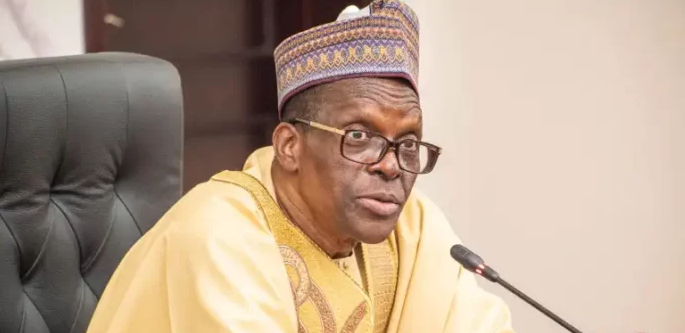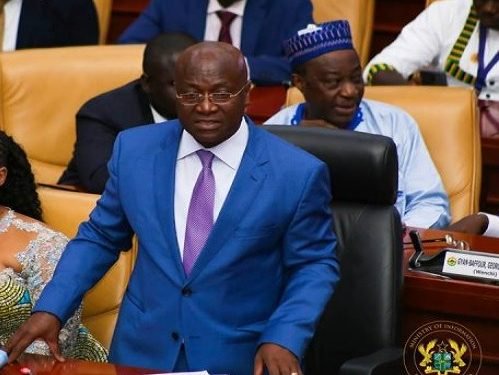
In a decisive move that has underscored his commitment to maintaining parliamentary protocol and independence, the Speaker of Parliament, Alban Bagbin, has declined a request to recall parliamentary proceedings. Instead, Bagbin has announced plans to reconvene the House after the upcoming December elections, signaling a strategic and principled approach to legislative functions during this politically charged period.
Despite growing pressure from various quarters for the recall of parliamentary sessions to address urgent matters, Speaker Bagbin’s decision to decline this request reflects a dedication to adhering to established parliamentary practices and protocols. By opting to reconvene the House post-election, Bagbin underscores the importance of upholding the integrity and autonomy of the legislative branch.
The Speaker’s stance demonstrates a commitment to ensuring that parliamentary functions are carried out in a manner that upholds democratic principles and respects the timeline of the electoral process. By choosing to reconvene after the elections, Bagbin signals an intent to prioritize the democratic mandate of the people while also addressing the responsibilities of the legislative body in a deliberate and structured manner.
Bagbin’s decision has drawn mixed reactions from both political circles and the public at large, with some lauding his adherence to parliamentary norms and others expressing concerns about the implications of delaying legislative action. However, the Speaker’s rationale for declining the recall request and opting for a post-election reconvene underscores a clear and methodical approach to managing parliamentary affairs during a critical juncture in Ghana’s political landscape.
As the country braces for a crucial electoral period and the subsequent transition of power, Speaker Alban Bagbin’s decision not to recall parliamentary proceedings sets the tone for a measured and respectful handling of legislative functions. His commitment to reconvene the House after the December elections not only aligns with democratic principles but also reflects a strategic and responsible approach to navigating the complexities of governance during a pivotal moment in Ghana’s political history.
Source: 3news.com




